Car Logistics
Car logistics: Current and future challenges
This article delves into car logistics, a vital aspect of the automotive supply chain involving the meticulous planning and execution of moving auto components, replacement parts, and vehicles from suppliers to consumers. Encompassing all modes of transportation, it includes key operations such as warehouse management, loading and unloading, and distribution. Car logistics faces significant challenges, including managing thousands of parts, international sourcing complexities, semiconductor shortages, and the shift towards electrification, all of which necessitate continuous advancements and adaptations.

Car Logistics and the challenge of capacity
In car logistics, capacity constraints pose significant challenges, affecting the timely delivery of vehicles due to limited transport resources. Supply chain disruptions from natural disasters, political instability, and pandemics further complicate operations, necessitating greater flexibility and resilience. The integration of advanced telematics and digital tools is essential but can be challenging to implement seamlessly with existing systems. Additionally, regulatory compliance with evolving environmental and safety standards requires careful navigation to maintain efficiency. Meeting rising customer expectations for real-time visibility and accurate estimated time of arrivals also remains a critical challenge in balancing cost-efficiency with high service levels.

Car Logistics and Vehicle Processing Centers
Vehicle Processing Centers (VPCs) play a crucial role in the automotive supply chain, acting as logistical hubs for the inspection, customization, and distribution of vehicles from manufacturers to dealerships. Global automotive giants like Toyota and Volkswagen rely on these centers to efficiently move millions of vehicles annually across continents. This article explores the operations of VPCs, their significance in the automotive industry, and the methods used to transport and manage vehicles within these facilities.
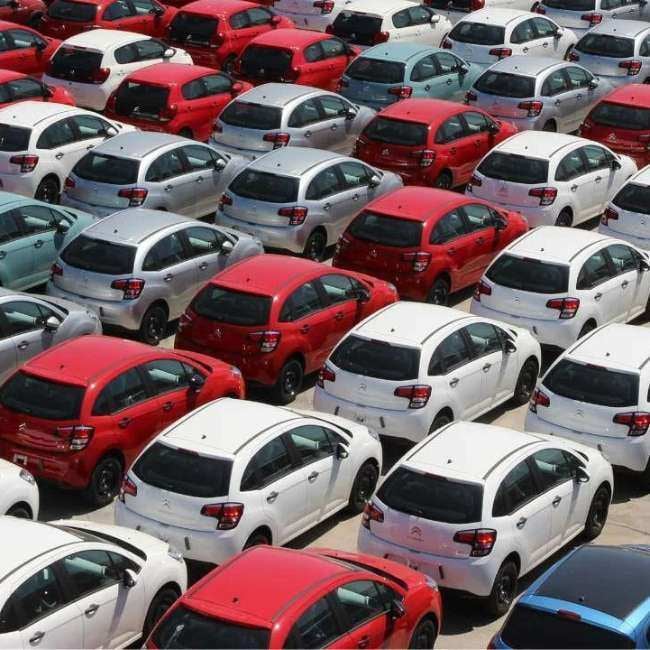
Flexible Car Logistics
In car logistics, the efficient and safe delivery of finished vehicles requires a complex supply chain, including multimodal transport, storage, and quality control. As the industry grows—projected to reach USD 503.41 billion by 2032—it faces challenges like capacity constraints, regulatory compliance, and the complexities of handling electric vehicles. This article explores flexible logistics strategies such as dynamic routing, multimodal transport, and advanced tracking technology to streamline operations at facilities like Ro-Ro ports. Through these innovations, the vehicle logistics sector can enhance efficiency, meet evolving demands, and improve customer satisfaction in a rapidly changing market.
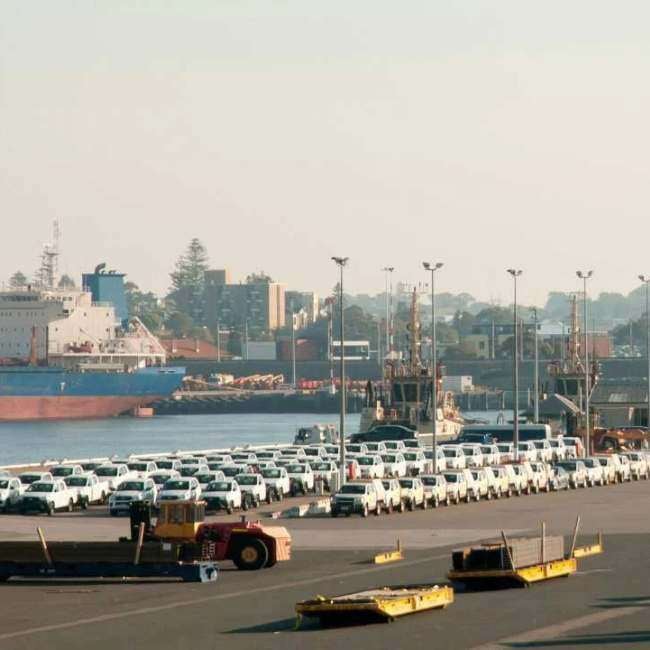
Importing: Car Logistics
A car importer bridges global car manufacturers and local markets by managing vehicles and spare parts' sourcing, logistics, compliance, and distribution. This business requires navigating complex processes, including procurement, regulatory adherence, and after-sales services, to deliver value to customers. Success hinges on efficient logistics, regulatory compliance, and strong dealership networks. In this article, we discuss the critical processes, challenges, and technological solutions that enable car importers to operate effectively and sustain profitability.
Vehicle Inventory Management
Vehicle inventory management is essential for dealerships to optimize operations, balance supply and demand, and enhance customer satisfaction. By leveraging technologies like GPS, RFID, and IoT, dealerships can achieve real-time visibility and data-driven decision-making. Accurate and current data ensures seamless operations, reduced costs, and better customer experiences. In this article, we discuss best practices, key technologies, and strategies to maintain efficient inventory management and meet the evolving needs of the automotive market.
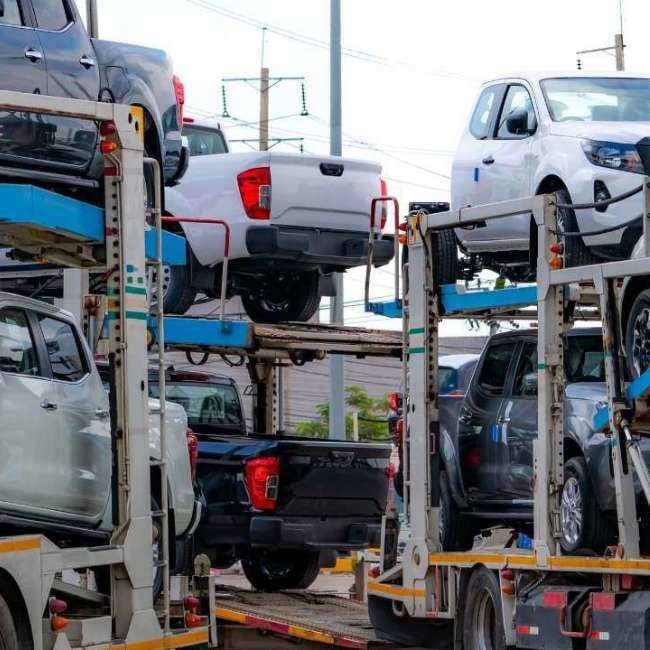
Car logistics software
Today's automotive manufacturers, terminal operators and logistics companies face increasing logistics complexity. As the industry undergoes significant transformations, disruption impacts every aspect of the vehicle supply chain.
This article explores the profound benefits of car logistics software, highlighting how platforms can streamline operations, reduce costs, enhance customer service, and provide real-time visibility, ultimately driving efficiency and success in this dynamic environment.
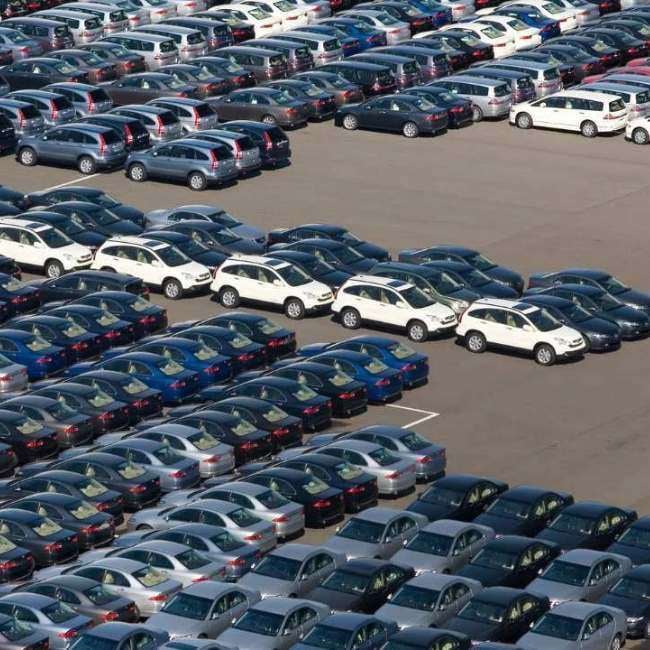
Car logistics in Mexico
Mexico's role in global automotive manufacturing has surged, with 26 plants producing mostly for export. OEMs like General Motors, Ford, Nissan, Volkswagen, and BMW have established operations across the country, contributing to its status as a manufacturing hub. As production expands, logistics challenges arise, including the need for efficient port operations and inland processing centers. Security remains a concern, with increased cargo theft prompting stricter safety measures across the supply chain.

Car logistics: Vehicle Staging
Efficient logistics hinge on seamless vehicle staging—a process that bridges production and delivery in the automotive industry. This intricate phase involves organising, grouping, and preparing vehicles for transport while leveraging advanced technologies like GPS and Real-Time Location Systems (RTLS). In this post, we'll explore the importance of staging across industries, its role in car logistics, and a cutting-edge solution, Asset Agent, that revolutionises automotive port operations through real-time tracking and streamlined organisation.
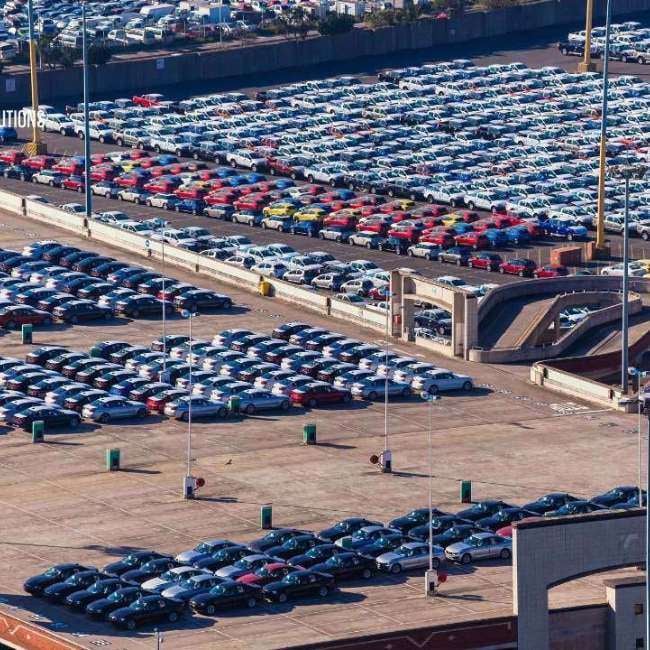
Car logistics: Identification
Efficient vehicle identification is essential in car logistics, ensuring seamless tracking, compliance, and operational accuracy from arrival to final dispatch. The Vehicle Identification Number (VIN) plays a crucial role in uniquely identifying each vehicle, supported by advanced technologies such as RFID, barcode scanning, and GPS tracking. Digital integration enhances visibility and security across the supply chain. This article discusses the importance of vehicle identification, the role of VINs, and modern technical solutions for optimizing automotive logistics operations.

Vehicle Yard Management
This article delves into how digital solutions transform car logistics that facilitate global vehicle distribution.
These solutions offer insights into real-time planning, visibility, and strategic logistics that are essential in today's fast-paced market. Discover how advanced yard management systems are not just enhancing efficiency but also reshaping the automotive supply chain landscape.
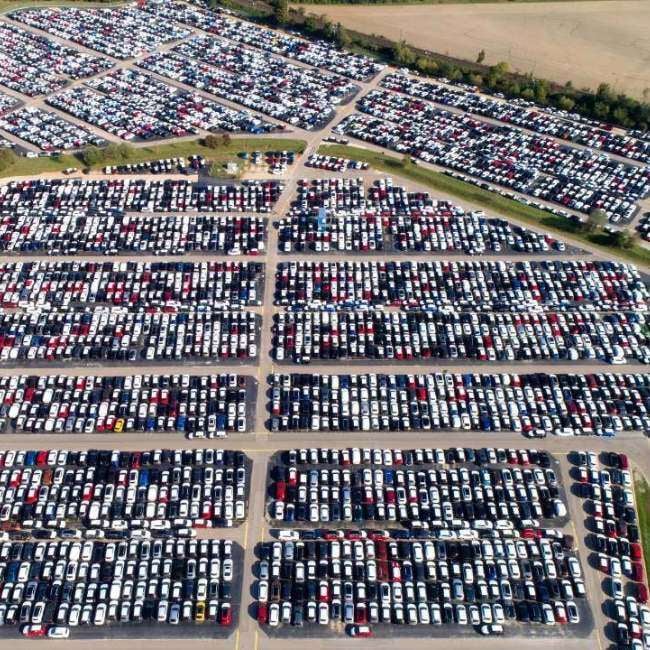
Vehicle Processing Center
Vehicle Processing Centers (VPCs) are essential hubs in car logistics, handling tasks like vehicle inspection, customization, repairs, and pre-delivery checks. They ensure cars are ready for dealerships or customers by managing processes such as damage inspections, adding accessories, and addressing quarantine requirements. VPCs also manage vehicle preservation during storage and conduct pre-delivery inspections to ensure quality. Effective inventory management is critical, relying on real-time tracking, space optimization, and coordination with transport systems to ensure smooth operations and timely deliveries.
Finished Car Logistics
The vehicle manufacturing process involves several stages, each contributing to the production of high-quality automobiles. From the initial press shop to the final assembly, precision and customisation are essential. The logistics of handling finished vehicles, especially with increasing customisation demands, require advanced technologies to ensure efficient management. This article explores the stages of vehicle manufacturing and highlights the critical role of RFID in automating finished vehicle logistics at Volkswagen Wolfsburg.